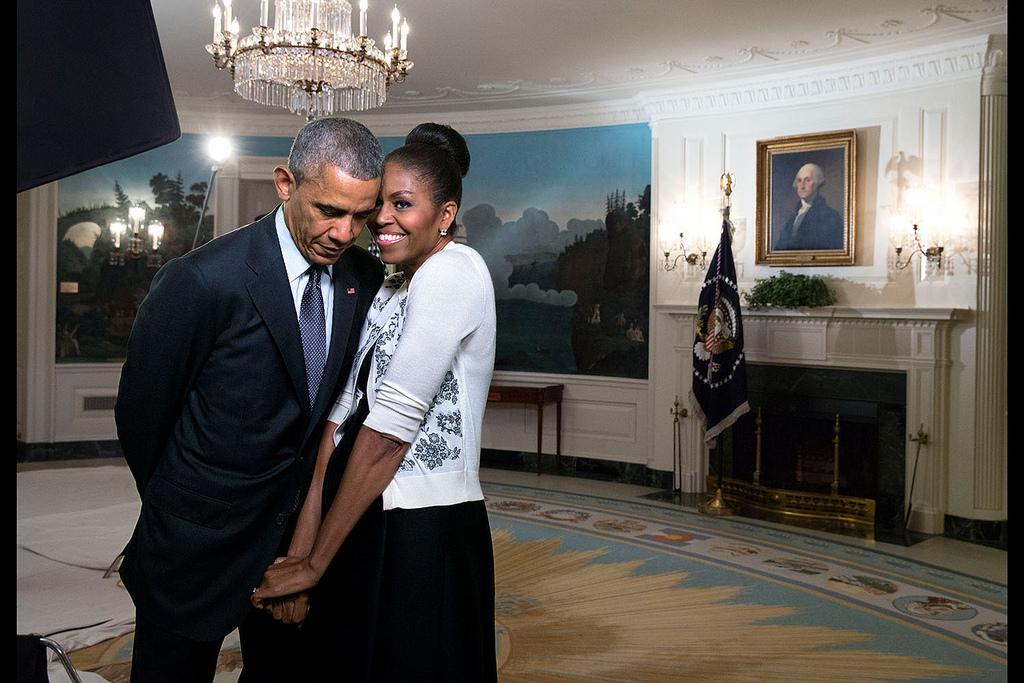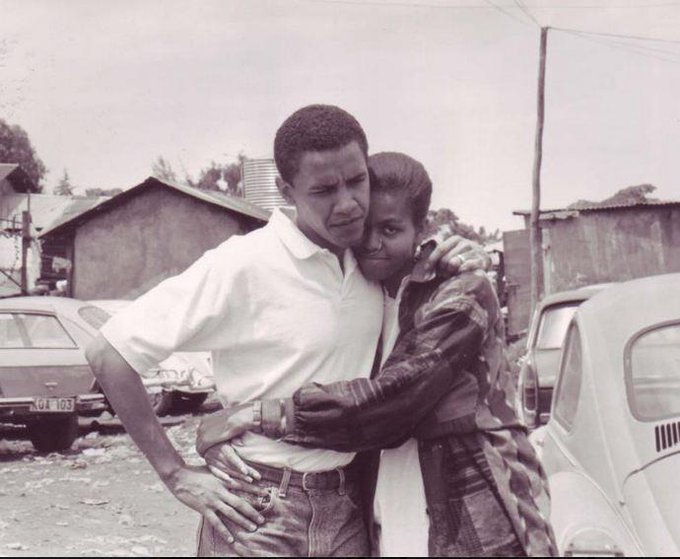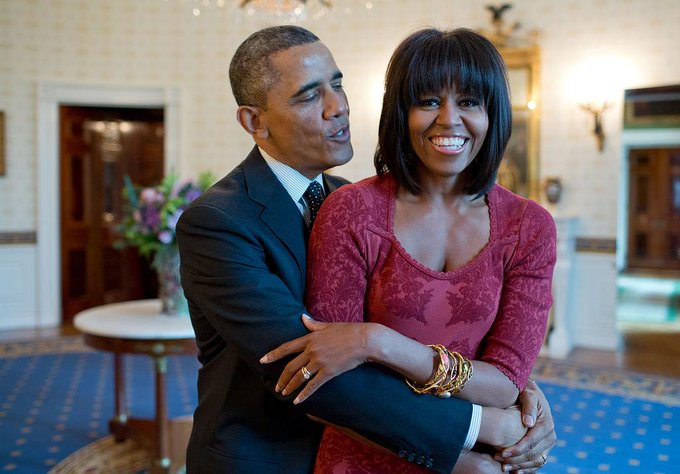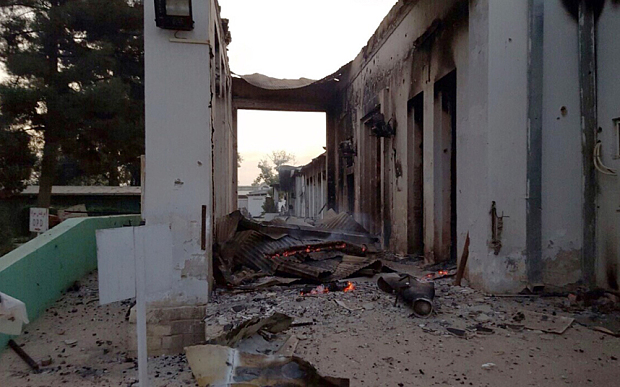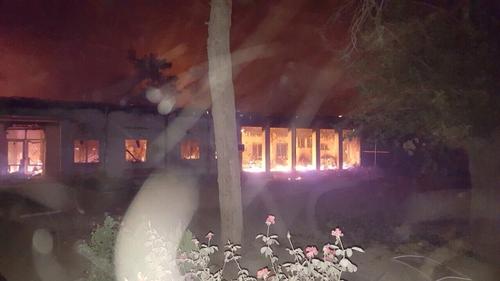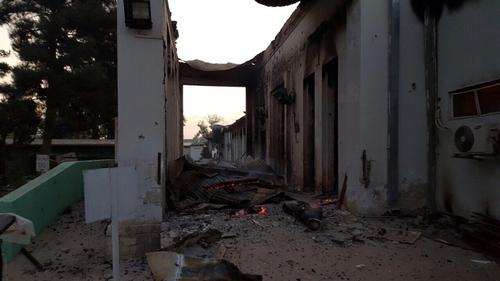M WAQAR..... "A man's ethical behavior should be based effectually on sympathy, education, and social ties; no religious basis is necessary.Man would indeed be in a poor way if he had to be restrained by fear of punishment and hope of reward after death." --Albert Einstein !!! NEWS,ARTICLES,EDITORIALS,MUSIC... Ze chi pe mayeen yum da agha pukhtunistan de.....(Liberal,Progressive,Secular World.)''Secularism is not against religion; it is the message of humanity.'' تل ده وی پثتونستآن
Sunday, October 4, 2015
Russian Aviation Hits ISIL Training Center, Munition Depot Near Al-Tabqa
Russian aviation launched a strike against an Islamic State training center near the city of al-Tabqa in Syria's Raqqa destroying the center's infrastructure, Defense Ministry spokesman Igor Konashenkov said Sunday.
"Su-34 bombers attacked the ISIL special training camp and munition depot with KAB-500 aviation bombs near Al-Tabqa, Ar-Raqqah province. As a result of explosion of the munition depot, the terrorist training camp was completely destroyed," Konashenkov told reporters.
Russian Su-25 jets have also attacked training camp of the Islamic State in the Syrian Idlib governorate destroying a workshop for explosive belt production.
"Su-25 attackers hit the terrorist training camp in Idlib province. As a result, they destroyed the hideouts and explosive device manufacturing," the spokesman said.
Russian aerospace forces planes have conducted airstrikes on 8 facilities of the Islamic State near the city of Jisr ash-Shugur in Syria's Idlib province destroying 3 ammunition depots.
"Su-24M and Su-34 bombers hit 8 ISIS facilities near Jisr al-Shugur, Idlib province," Konashenkov said. "The pilots engaged 3 munition, POL and armament depots of the illegal armed groups. KAB-500 aviation bombs detonated the munition and armament."
"Using BETAB-500 concrete-piercing bombs, the jets destroyed 4 command posts of the ISIS armed groups. The facilities with terrorists are completely destroyed," the spokesman added. "As a result of the strikes, facilities with terrorists, munition and POL depots have been destroyed, 5 armored vehicles have been disabled."
Russia's aviation conducted 20 flights and carried out 10 airstrikes against facilities of the Islamic State (ISIL) terrorist group in the past 24 hours.
"Twenty flights of Su-34, Su-24m and Su-25 were carried out in the past 24 hours. Airstrikes have been launched on 10 targets of IS armed groups," Konashenkov said.
According to the General Staff of the Russian Armed Forces, the airstrikes carried out by the Russian jets disrupted ISIL control system and its logistics and caused significant damage to the infrastructure used for planning terrorist acts on the territory of Syria and Iraq.
Russia launched airstrikes on ISIL targets in Syria following a request from Assad.
Syria has been in a state of civil war since 2011. The country’s government is fighting a number of opposition forces, as well as radical Islamist militant organizations, including the Islamic State.
Read more: http://sputniknews.com/middleeast/20151004/1027992493/russia-syria-isil-airstrikes.html#ixzz3neas50tJ
Assad: ‘West uses terrorism as new instrument to subjugate Middle East’
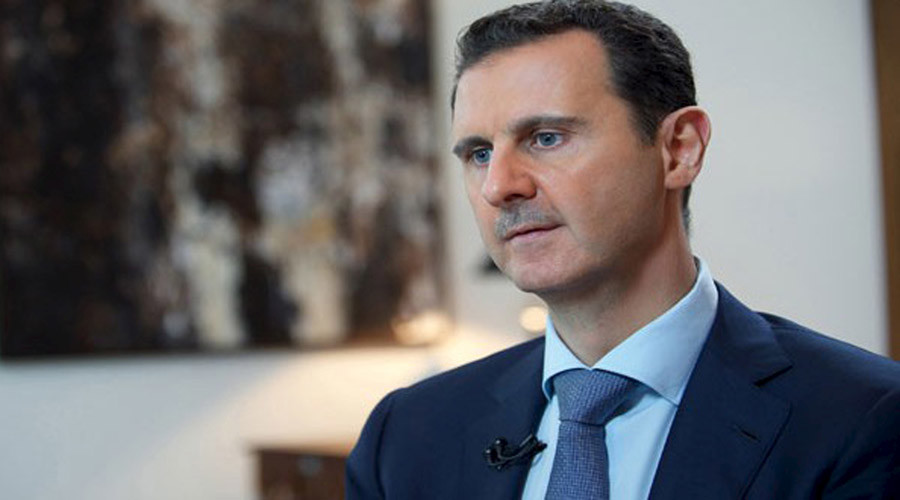 Western countries are using terrorism as an instrument of control, Syrian President Bashar Assad said in a recent interview. He also said that he is ready to step down if his departure is the solution to the four-year-long conflict.
Western countries are using terrorism as an instrument of control, Syrian President Bashar Assad said in a recent interview. He also said that he is ready to step down if his departure is the solution to the four-year-long conflict.
“From the beginning it was clear to us that there were foreign hands behind terrorism in Syria,” Assad said in interview with Iran’s Habar TV.
President Assad thinks that the US-led coalition against Islamic State (IS, formerly ISIS/ISIL) is ineffective because the West does not want to defeat terrorist groups. In fact, it wants to preserve the balance between the warring sides to “perpetuate the process of erosion in Syria and Iraq and later other countries of the region, so that we all remain weak for decades and maybe generations.”
President Bashar al-Assad to the #Iranian Khabar #TV: #Terrorism is a new instrument used by the West to subjugate the region.
- “How can the United States and its allies fight terrorism or ISIS in Syria and Iraq while their closest allies in the government of Erdogan and Davutoglu are supporting terrorists and enabling them to cross the borders and bring weapons, money and volunteers through Turkey?” he asked.Since the US-led coalition was formed, terrorism expanded geographically and its recruits multiplied, the Syrian president said.“God willing it [Syria, Iran and Hezbollah] will be able to defeat terrorism which is a new instrument for subjugating the region,” he stressed.
Unlike the US-led coalition, Russia together with Iran, Iraq and Syria have “great chances of success.”US airstrikes ineffective, genuinely committed anti-terrorist coalition required – Syrian FM http://on.rt.com/6ruz
“It must succeed. Otherwise, the whole region, not only one or two countries, will be destroyed,” Assad said.Russia, as well the Soviet Union in the past, “[has] never tried to impose anything on Syria, especially in this crisis,” he said stressing that, as opposed to the US, Russia is against interferences, hegemony and violations of the UN Charter.‘If my departure is the solution, I will never hesitate to do that’
President Assad once again stated that he is ready for political dialogue with all Syrians – but not with foreign powers. “Any talk about the political system or the officials in this county is an internal Syrian affair,” he said.“When the Syrian people decide that a certain individual should stay, he will stay; and when the Syrian people decide that he should go, he will go immediately,” the president said. “If my departure is the solution, I will never hesitate to do that,” he added.Assad stressed that no state in the world conducts dialogue with terrorists and that they should be subject to the laws and brought to justice.“However, the state might conduct dialogue with terrorists in one case, when the objective of the dialogue is for the individuals who carried out terrorist acts to lay down their arms and embrace the state and the law,” he added, noting that this has actually happened in Syria, with the government having held talks with various reconciliation-seeking groups, granting them amnesty and giving them an opportunity to go back to their normal lives.
Billions From U.S. Fail to Sustain Foreign Forces

By ERIC SCHMITT and TIM ARANGO
With alarming frequency in recent years, thousands of American-trained security forces in the Middle East, North Africa and South Asia have collapsed, stalled or defected, calling into question the effectiveness of the tens of billions of dollars spent by the United States on foreign military training programs, as well as a central tenet of the Obama administration’s approach to combating insurgencies.The setbacks have been most pronounced in three countries that present the administration with some of its biggest challenges. The Pentagon-trained army and police in Iraq’s Anbar Province, the heartland of the Islamic State militant group, have barely engaged its forces, while several thousand American-backed government forces and militiamen in Afghanistan’s Kunduz Province were forced to retreat last week when attacked by several hundred Taliban fighters. And in Syria, a $500 million Defense Department program to train local rebels to fight the Islamic State has produced only a handful of soldiers. American-trained forces face different problems in each place, some of which are out of the United States’ control. But what many of them have in common, American military and counterterrorism officials say, is poor leadership, a lack of will and the need to function in the face of intractable political problems with little support. Without their American advisers, many local forces have repeatedly shown an inability to fight. “Our track record at building security forces over the past 15 years is miserable,” said Karl W. Eikenberry, a former military commander and United States ambassador in Afghanistan. The American military has trained soldiers in scores of countries for decades. But after the terrorist attacks of Sept. 11, 2001, that mission jumped in ambition and scale, especially in Afghanistan and Iraq, where the ultimate goal was to replace the large American armies deployed there. The push to rebuild the Iraqi Army that the United States disbanded after the 2003 invasion had largely succeeded by the time American troops withdrew eight years later. But that $25 billion effort quickly crumbled after the Americans left, when the politicization of the army leadership under Prime Minister Nuri Kamal al-Maliki eroded the military’s effectiveness at all levels, American officials said. In Afghanistan, basic training typically included marksmanship, ambush drills and other counterterrorism skills. Before they could begin that, most new Afghan recruits also needed time-consuming literacy training so they could read the serial numbers on their weapons, or lessons on proper hygiene to prevent illnesses that would reduce their effectiveness in combat. Still, there were notable successes: Afghan special forces trained and advised by their American counterparts proved to be especially capable fighters.
Then, in a commencement speech at West Point in May 2014, President Obama put the training of foreign troops at the center of his strategy for combating militant groups that threaten American interests. The United States, he said, will no longer send large armies to fight those wars and, in the case of Afghanistan, would continue to withdraw the forces that are there. Instead, it will send small numbers of military trainers and advisers to help local forces, providing them with logistical, intelligence and other support.“We have to develop a strategy,” Mr. Obama said, “that expands our reach without sending forces that stretch our military too thin or stir up local resentments. We need partners to fight terrorists alongside us.” Expensive Failures Mr. Obama’s approach has already endured several setbacks, but with no political appetite among most Republicans or Democrats to send in large numbers of American troops, the administration is adjusting its strategy, often turning to regional allies for help in supporting local forces. In northwest Africa, the United States has spent more than $600 million to combat Islamist militancy, with training programs stretching from Morocco to Chad. American officials once heralded Mali’s military as an exemplary partner. But in 2012, battle-hardened Islamist fighters returned from combat in Libya to rout the military, including units trained by United States Special Forces. That defeat, followed by a coup led by an American-trained officer, Capt. Amadou Haya Sanogo, astounded and embarrassed American commanders. French, United Nations and European Union forces now carry out training and security missions in Mali. In Yemen, American-trained troops and counterterrorism forces largely disbanded when Houthi rebels overran the capital last year and forced the government into exile. The United States is now relying largely on a Saudi-led air campaign that has caused more than 1,000 civilian casualties. More recently in Afghanistan, Iraq and Syria, the military campaigns against the Taliban and the Islamic State, also known as ISIS or ISIL, have made little headway. After acknowledging that only four or five American-trained Syrian rebels were actually in the fight there, Pentagon officials said last week that they were suspending the movement of new recruits from Syria to Turkey and Jordan for training. The program suffered from a shortage of recruits willing to fight the Islamic State instead of the army of President Bashar al-Assad, a problem Mr. Obama noted at a news conference on Friday. “I’m the first one to acknowledge it has not worked the way it was supposed to,” he said. “A part of the reason, frankly, is because when we tried to get them to just focus on ISIL, the response we get back is, ‘How can we focus on ISIL when, every single day, we’re having barrel bombs and attacks from the regime?’ ” In Afghanistan, the United States has spent about $65 billion to build the army and police forces. Even before last week’s setback in Kunduz, many Afghan forces were struggling to defeat the Taliban, partly because of what many senior commanders said had been a precipitous American drawdown before Afghans were ready to be on their own. But how thousands of Afghan Army, police and militia defenders could fare so poorly against a Taliban force that most local and military officials put only in the hundreds baffled and frustrated the Pentagon. If there is a bright spot in the training landscape, it may be the American-financed effort by a 22,000-member African Union force — from nations like Kenya, Uganda and Ethiopia — to oust the Shabab, Al Qaeda’s affiliate in Somalia, from many areas of the country. The Shabab’s leader, Ahmed Abdi Godane, was killed last year in an American airstrike, and other agents have been killed by drone strikes.
The American government has invested nearly $1 billion in the overall strategy in Somalia. But even with the gains, the Shabab have been able to carry out bombings in Mogadishu, the capital, and in neighboring countries, including massacres at a university and a shopping mall in Kenya in the past two years.Shiites Step Back Much more complicated is the situation in Iraq. A United States training program to strengthen the embattled security forces there has run aground, in part because the Iraqi government has provided far fewer recruits than anticipated, while many Shiite militiamen and soldiers who were fighting the Islamic State have left the battlefield and joined the exodus of migrants seeking new lives in Europe. The reality is that Iraq’s Shiite majority seems to be settling in to a divided Iraq and increasingly questioning whether it is worth shedding Shiite blood in areas like Anbar Province or Mosul, Iraq’s second-largest city, which the Islamic State captured in June 2014. The battle against the Islamic State is no longer the national priority it was a year ago, when the militants threatened Baghdad and the Shiite-majority south. With those areas now largely secure, mostly because of the efforts of Iranian military advisers and their proxy militias, the Iraqi government is focused on other priorities — mostly the migrant crisis and street protests, which led to a series of proposals by Prime Minister Haider al-Abadi. For the White House, which hoped to rely on a rehabilitated Iraqi Army and Shiite militias to fight the Islamic State, this raises troubling questions and highlights the diverging interests of the United States and its partner. Vali Nasr, dean of the School of Advanced International Studies at Johns Hopkins University and a former senior adviser at the State Department, said there was a deepening sense in Iraq that “ISIS is a Sunni problem, not a Shia problem.” He said the prevailing belief now among Shiites was that saving Anbar was not worth “the blood of our children.” Maps have even circulated that show the territory the Shiite militias and their sponsors in Iran care about. A line stretches from the Iranian border in the east to just south of Kirkuk; around Samarra and to the edge of Baghdad; and then across Anbar, south of Falluja, toward the Jordanian border..
Sajad Jiyad, an Iraqi analyst based in London and Baghdad who has advised the Iraqi Defense Ministry, saw one of the maps and described it as “the lines they are not willing to concede.”This is a significant shift. Last summer, during the Islamic State’s onslaught into Iraq, tens of thousands of Shiite men took up arms after Grand Ayatollah Ali al-Sistani, the spiritual leader for Iraqi Shiites, issued a fatwa. As recently as four months ago, after Ramadi, the capital of Anbar, fell to the Islamic State, militiamen streamed into the province, promising to quickly drive the militants away. American officials had long worried that the militias, the most powerful of which are supported by Iran, would be counterproductive if they fought in Sunni areas, because they could exacerbate sectarian tensions. But in Anbar, the situation was so dire that local Sunni officials invited the militias in, and the Americans largely acquiesced as long as the groups coordinated with the Iraqi government so that American warplanes would not mistakenly bomb them. Now, more than four months after the fall of Ramadi, despite American and Iraqi officials’ promises of a robust counteroffensive, the fight has come to a stalemate. And many of the Sunnis who sought help from the militias now regret it. Several officials said that instead of helping liberate Anbar from the Islamic State, the Shiite militias had settled into relatively safe areas of the province, raising fears that their goal — and that of their sponsor, Iran — is to set up a permanent presence there as part of a plan to protect Baghdad and the south. Sheikh Rafi al-Fahdawi, a Sunni tribal leader in Anbar, said the militia fighters had “isolated themselves in certain areas and don’t want to participate in the important battles.” The United States and 16 allied countries have so far trained six Iraqi Army brigades and 10 Kurdish pesh merga battalions, or about 12,000 troops, according to the Defense Department. About half of the army troops are now in the fight, with the others training on their equipment and soon to follow, American military officials said. One option now for the United States is to emphasize training and equipping Sunni tribal fighters, something the Obama administration has long sought to do. But while there are about 5,600 Sunni fighters in Anbar as part of the Popular Mobilization Forces, the umbrella group for the largely Shiite paramilitary forces, they have yet to prove themselves in combat. An Iraqi official briefed on the military situation in Anbar, who spoke on the condition of anonymity because he was not authorized to talk to the news media, said, “I don’t think there is a sense of urgency anymore.” “Clearly, there is no progress,” the official said. “Why there is no progress is what everyone is talking about. I don’t think there is any will among the Iraqi security forces and militias to fight. They are just not fighting.” Soldiers and militiamen, many of whom said they had not been paid in months, are dropping their weapons and heading for Europe. One militia fighter from Diyala Province, who refused to give his name because he had abandoned his unit, spoke recently from Germany. “I almost got killed more than five times because we went into highly dangerous areas,” he said. “I considered moving to Europe as the last option for me to live in a country away from the hissing of bullets and death.” John E. McLaughlin, a former deputy director of the C.I.A. who is now at the Johns Hopkins School of Advanced International Studies, said American efforts to train the Iraqi military would probably be futile without a political bargain to unite the country’s Shiite and Sunni Arabs. “Training is a necessary but not sufficient way to get you to the point of creating a robust fighting force, because ultimately, militaries fight over political issues,” he said.
Love, actually - the story of Barack and Michelle Obama
No, the headline has not been written lightly. Nor for effect. Twenty three years ago Barack and Michelle Obama got married in October 1992, and what we see of their life today is nothing short of magic.
Here's why:
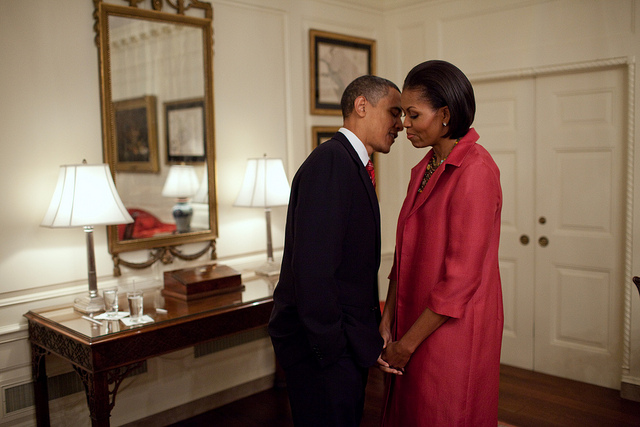
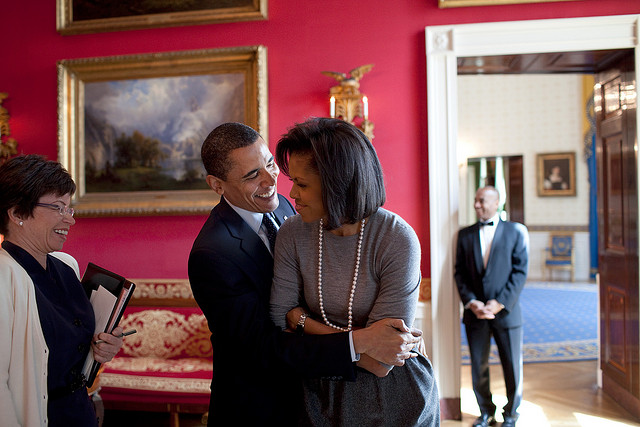
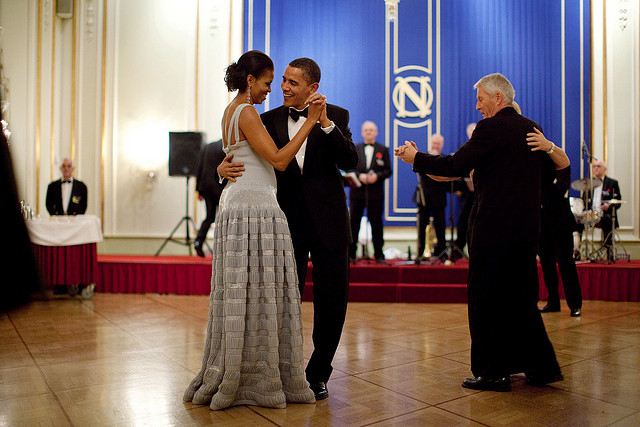
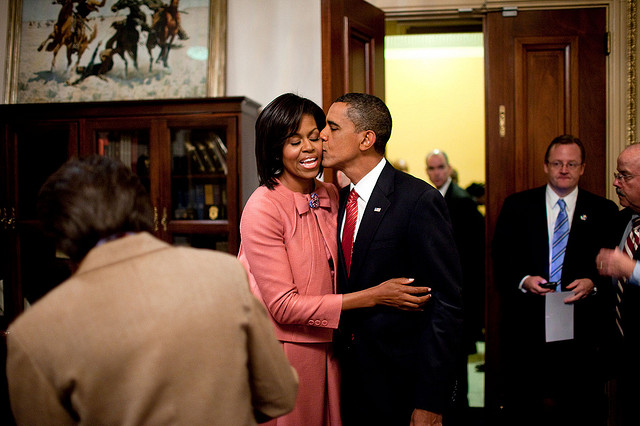
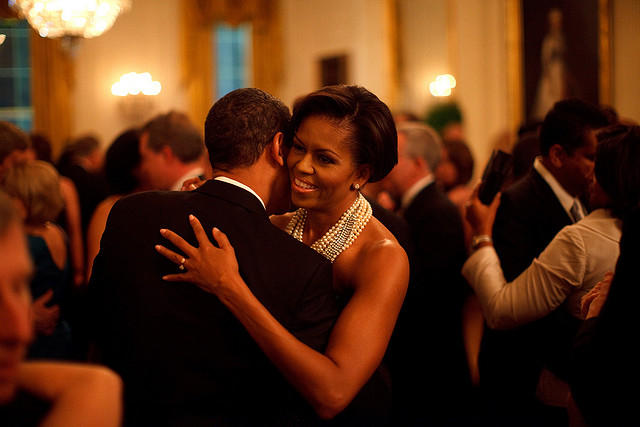
Here's why:

First year attorney at Sidley Austin, Michelle Robinson, heard through the office grapevine about a young and upcoming lawyer from Harvard. Chancing upon a photograph of Obama who was about to become her colleague and she was not impressed. More than anything else, it was his name that she thought was odd.
"What kind of name is Barack Obama?', thought Ms Robinson. Little did she know, she was about to live with that name for life.

As the legend goes, he fell in love and asked her out. Once, twice, repeatedly. She said no. Once, twice, repeatedly.
Until in the words of President Obama, he 'wore her down'.
They dated, they fell in love, they got married, they had beautiful kids. And then the lawyer from Harvard who Michelle thought had a funny name, became a senator. He became a voice to be reckoned with. He became the President of the United States of America, and with him an entire generation chanted that 'yes, they indeed can'.

But in all that he became, she was, and is his anchor. As is evident from their very public displays of affection, this is one couple who has eyes only for each other.
Happy 23 years together Mr and Mrs President. Many many years of happiness to you.
https://www.blogger.com/blogger.g?blogID=6906155786122195046#editor/target=post;postID=6339590916958048559
Happy Anniversary! President Obama and First Lady Michelle Obama Celebrate 23 Years of Marriage
Dominique Hobdy
View image on Twitter
It's been 23 years since the first couple merged into the dynamic duo they are today.
President Barack Obama and First Lady Michelle Obama, who were married October 3rd, 1992 at Trinity Church in Chicago, celebrated their anniversary Saturday.
President Obama paid tribute to the day in a sweet Twitter post:
Twenty-three years and still going strong. Here's to many more. #HappyAnniversary
View image on Twitter
First lady Michelle Obama says that in her years with the President she's learned to choose her battles.
"What I've come to find is, you don't sweat the small stuff," she told Ellen DeGeneres in March. "The journey that we've taken together, the fun we've had, the challenges we've faced, the two beautiful children that we're raising -- I kind of give him a pass now when he leaves his socks on the floor or tells that story for the one hundredth time and wants us to laugh at it as if we first heard it."
So sweet! Happy Anniversary to the first couple!
http://www.essence.com/2015/10/04/happy-anniversary-president-obama-and-first-lady-michelle-obama-celebrate-23-years
Afghanistan - “Unspeakable”: An MSF Nurse Recounts the Attack on MSF’s Kunduz Hospital
Doctors Without Borders/Médecins Sans Frontières (MSF) nurse Lajos Zoltan Jecs was in Kunduz trauma hospital when the facility was struck by a series of aerial bombing raids in the early hours of Saturday morning. He describes his experience:
“It was absolutely terrifying.
I was sleeping in our safe room in the hospital. At around 2am, I was woken up by the sound of a big explosion nearby. At first I didn't know what was going on. Over the past week we'd heard bombings and explosions before, but always further away. This one was different, close and loud.
At first there was confusion, and dust settling. As we were trying to work out what was happening, there was more bombing.
Heman Nagarathnam, MSF head of programmes in northern Afghanistan, offered a vivid account of what happened:
'The bombs hit and then we heard the plane circle round. There was a pause, and then more bombs hit. This happened again and again. When I made it out from the office, the main hospital building was engulfed in flames. Those people that could had moved quickly to the building’s two bunkers to seek safety. But patients who were unable to escape burned to death as they lay in their beds.'
'The bombs hit and then we heard the plane circle round. There was a pause, and then more bombs hit. This happened again and again. When I made it out from the office, the main hospital building was engulfed in flames. Those people that could had moved quickly to the building’s two bunkers to seek safety. But patients who were unable to escape burned to death as they lay in their beds.'
The Telegraph, Oct. 4, 2015
After 20 or 30 minutes, I heard someone calling my name. It was one of the Emergency Room nurses. He staggered in with massive trauma to his arm. He was covered in blood, with wounds all over his body.
At that point my brain just couldn't understand what was happening. For a second I was just stood still, shocked.
He was calling for help. In the safe room, we have a limited supply of basic medical essentials, but there was no morphine to stop his pain. We did what we could.
I don't know exactly how long, but it was maybe half an hour afterwards that they stopped bombing. I went out with the project coordinator to see what had happened.
What we saw was the hospital destroyed, burning. I don’t know what I felt, just shock again.
We went to look for survivors. A few had already made it to one of the safe rooms. One by one, people started appearing, wounded, including some of our colleagues and caretakers of patients.
We tried to take a look into one of the burning buildings. I cannot describe what was inside. There are no words for how terrible it was. In the Intensive Care Unit six patients were burning in their beds.
We looked for some staff that were supposed to be in the operating theater. It was awful. A patient there on the operating table, dead, in the middle of the destruction. We couldn't find our staff. Thankfully we later found that they had run out from the operating theater and had found a safe place.
Just nearby, we had a look in the inpatient department. Luckily untouched by the bombing. We quickly checked that everyone was OK. And in a safe bunker next door, also everyone inside was OK.
And then back to the office. Full, patients, wounded, crying out, everywhere.
It was crazy. We had to organize a mass casualty plan in the office, seeing which doctors were alive and available to help. We did an urgent surgery for one of our doctors. Unfortunately he died there on the office table. We did our best, but it wasn't enough.
The whole situation was very hard. We saw our colleagues dying. Our pharmacist...I was just talking to him last night and planning the stocks, and then he died there in our office.
The first moments were just chaos. Enough staff had survived, so we could help all the wounded with treatable wounds. But there were too many that we couldn't help. Somehow, everything was very clear. We just treated the people that needed treatment, and didn't make decisions. How could we make decisions in that sort of fear and chaos?
Some of my colleagues were in too much shock, crying and crying. I tried to encourage some of the staff to help, to give them something to concentrate on, to take their minds off the horror. But some were just too shocked to do anything. Seeing adult men, your friends, crying uncontrollably—that is not easy.
I have been working here since May, and I have seen a lot of heavy medical situations. But it is a totally different story when they are your colleagues, your friends.
These are people who had been working hard for months, non-stop for the past week. They had not gone home, they had not seen their families, they had just been working in the hospital to help people... and now they are dead. These people are friends, close friends. I have no words to express this. It is unspeakable.
The hospital, it has been my workplace and home for several months. Yes, it is just a building. But it is so much more than that. It is healthcare for Kunduz. Now it is gone.
What is in my heart since this morning is that this is completely unacceptable. How can this happen? What is the benefit of this? Destroying a hospital and so many lives, for nothing. I cannot find words for this.”
Afghanistan - Doctors Without Borders Says It Is Leaving Kunduz After Strike on Hospital
By ALISSA J. RUBIN and ASHLEY SOUTHALL
Doctors Without Borders said Sunday that it was withdrawing from Kunduz, a day after its hospital there was hit by what appeared to be an American airstrike, leaving the remaining residents in the embattled northern Afghan city even more vulnerable.
The aid organization also raised the death toll in Saturday’s airstrike on the hospital, saying that three more patients had died, raising the total fatalities to 22 — 10 patients and 12 staff members. The charity has said that at least three of the dead patients were children, and that 37 people were wounded in the attack.
“No medical activities are possible now in the M.S.F. hospital in Kunduz, at a time when the medical needs are immense,” said Tim Shenk, a spokesman for the organization in New York.
The charity, known internationally as Médecins Sans Frontières, or M.S.F., called on its Twitter feed for an independent investigation, “under the clear presumption that a war crime has been committed.”
“Not a single member of our staff reported any fighting inside the hospital compound prior to the US airstrike on Saturday morning,” it said. “The hospital was repeatedly & precisely hit during each aerial raid, while the rest of the compound was left mostly untouched.”
The Pentagon said in a statement on Sunday that an investigation of the episode under the auspices of the NATO military headquarters in Afghanistan would be completed in a matter of days. The United States military has also opened “a formal investigation to conduct a thorough and comprehensive inquiry,” it said in the statement. The Afghan government has also vowed to investigate the airstrike.
The Pentagon said the strike was targeting insurgents who were firing on American service members advising and assisting Afghan security forces in Kunduz. It acknowledged that the strike was conducted “in the vicinity” of the hospital.
Residents walking around the city and reached by phone said they saw bodies from the fighting lying in the street.
The city was taken by the Taliban almost a week ago, and despite a counterattack by the Afghan Security Forces that began on Thursday, there has been only limited progress. However, the government forces are currently fighting the Taliban in the city, a considerable advance from last week when they were pinned down at the airport.
It was difficult to corroborate any reports because electricity was limited in the city and people were having trouble recharging their phones, especially if they lacked generators.
Several residents reported by phone that for several hours Sunday, government forces managed to raise their flag in one of the main squares, but that several hours later the Taliban had retaken it.
“The situation is very, very bad, so bad that one can not imagine it,” said Fazel Ahmad, a resident who said there had been 25 families on his street, but now he and one other family were the only ones left.





